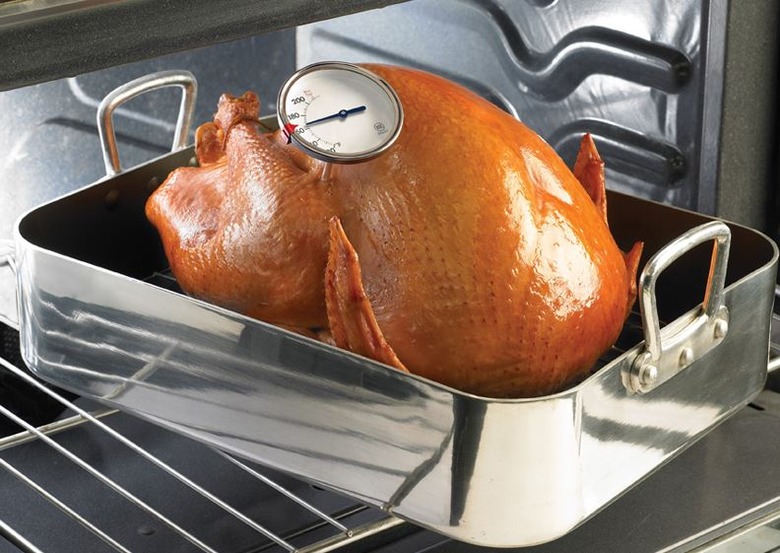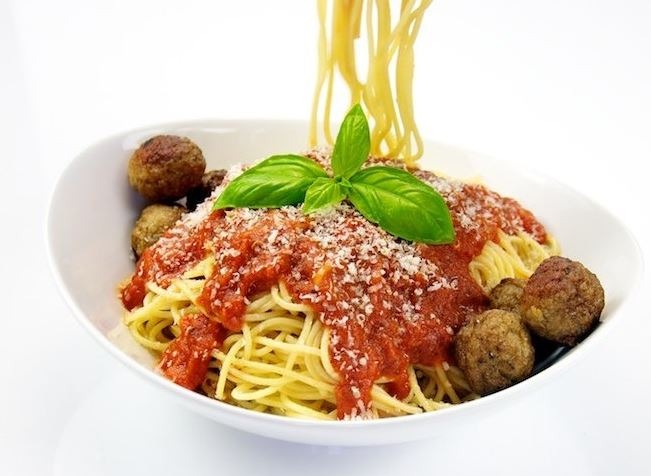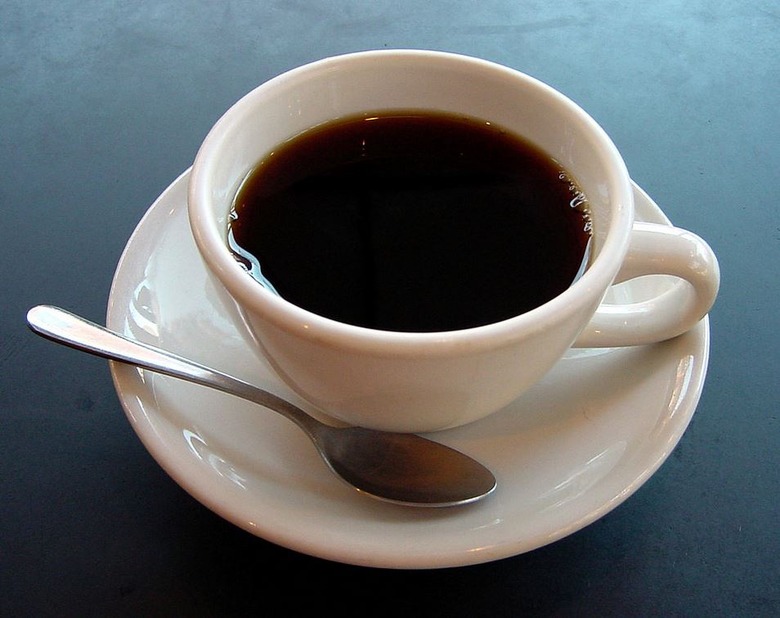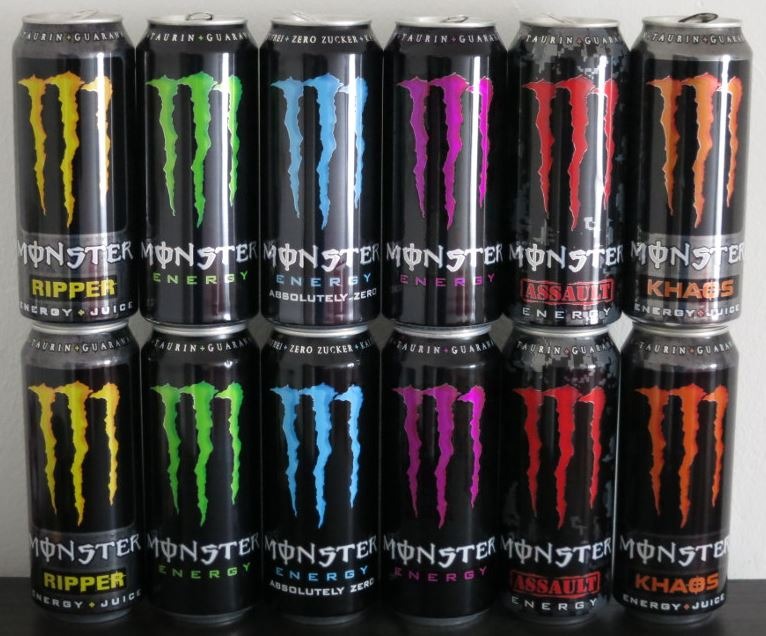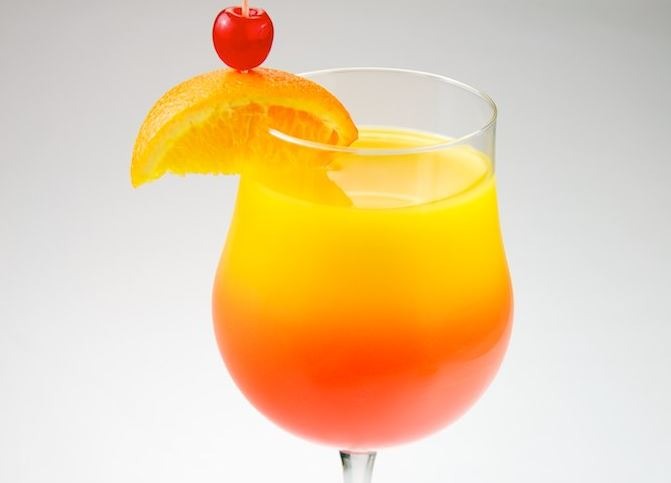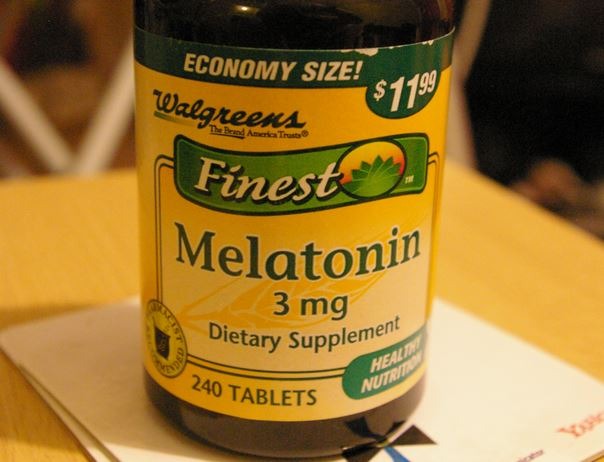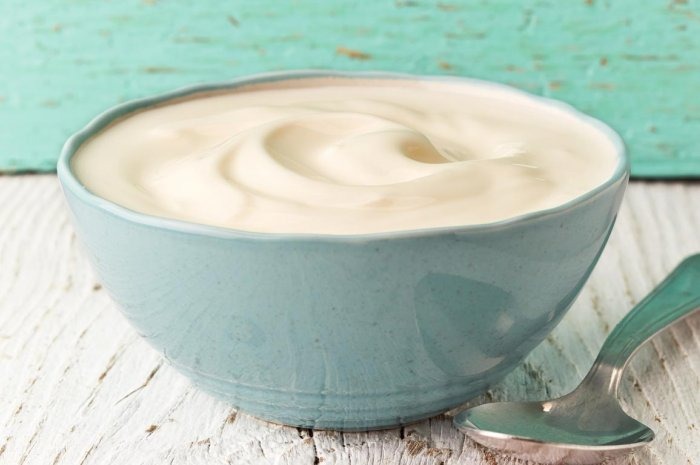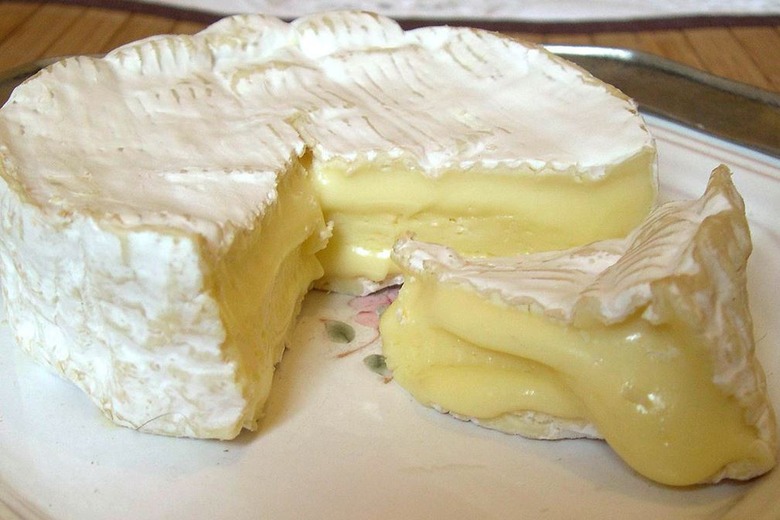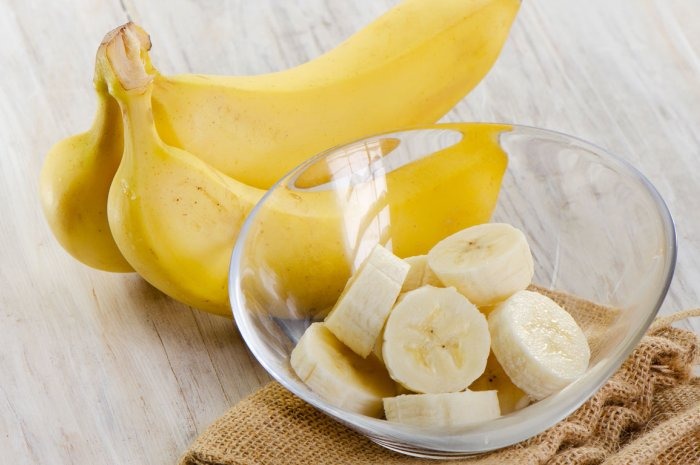9 Things You Didn't Know About Food And Sleep
So you want to get a good night's sleep. And who doesn't? We all know that what you eat and drink can play a role in the quality of sleep you get, but just how important is your diet for your level of restfulness? Read on to learn nine crucial facts about the relationship between food and sleep.
Carbohydrates Put You to Sleep
Carbs don't just tire you out because you crash after the energy from a carbo-load wears off. Carbohydrates also help make the amino acid tryptophan (which causes sleepiness) available to your brain, so if you're looking to fall asleep, have a midnight snack that contains some carbohydrates as well as protein, which contains the amino acid. Don't eat a huge meal just before bed, however; the digestive process will keep you awake, as will indigestion.
Our Circadian Rhythms, not Lunch, Are Responsible for the Afternoon Crash
Dozing off at your desk at 2 p.m. every day? While your huge lunch might have something to do with it, you actually feel tired at about 2 a.m. and 2 p.m. every day due to the body's natural rhythms. Do your best to power through it!
Caffeine Blocks the Hormones That Put Us to Sleep
Caffeine keeps us awake because it blocks the hormones that regulate our sleep. If you're looking to ward off sleepiness throughout the day, it's better to drink a small amount of coffee throughout the day than to drink a whole lot of it in the morning; just make sure you don't drink any within a few hours of bedtime.
Energy Drinks Can Actually Put You to Sleep
Energy drinks don't just contain a lot of caffeine — they're also high in sugar. Drink one of them and, while you're likely to feel a little bit of pep in the short term, as soon as the effects of the sugar wear off, you're going to feel exhausted. Want to feel awake? Get some sleep.
Drinking Alcohol Can Result in a Poor Night’s Sleep
Yes, you may pass out after a night of drinking, but just because you're passed out doesn't mean you're getting a quality night's sleep. The alcohol (and the sugar your body converts it to) prevents you from entering the REM stage of sleep, which is the deepest phase. While you might think that you got a full night's sleep, you'll probably still feel tired the next day.
Melatonin Hasn’t Been Shown to Improve Sleep
A hormone that regulates sleepiness, melatonin, which is secreted by your brain, is an important factor in feeling tired and falling asleep. Unfortunately, taking melatonin supplements orally hasn't been scientifically proven to help you get a good night's rest.
Tryptophan Is No Joke
It's been thoroughly debunked that the turkey from a Thanksgiving dinner will put you to sleep because it contains tryptophan. But that's not because tryptophan doesn't put you to sleep; it's because turkey doesn't contain much of it. Dairy products actually contain a whole lot of tryptophan (hence warm milk's reputation as an insomnia cure), as do oats, bananas, peanuts, tuna, and eggs.
Certain Foods Will Keep You Awake at Night
The amino acid tyramine converts into noradrenaline in your body, which acts as a stimulant. Foods that are high in tyramine include cheese, chocolate, tomatoes, potatoes, wine, and pork, so avoid these right before bed.
Certain Minerals Can Help You Fall Asleep
Magnesium and calcium both help your muscles relax, and a lack of them can result in a poor night's sleep. Calcium converts tryptophan into melatonin (hence dairy products helping you sleep), and a magnesium deficiency can result in insomnia. Foods that are high in magnesium include bananas, spinach, nuts, and fish. Restless leg syndrome, which can seriously disrupt sleep, might be caused by an iron deficiency.
